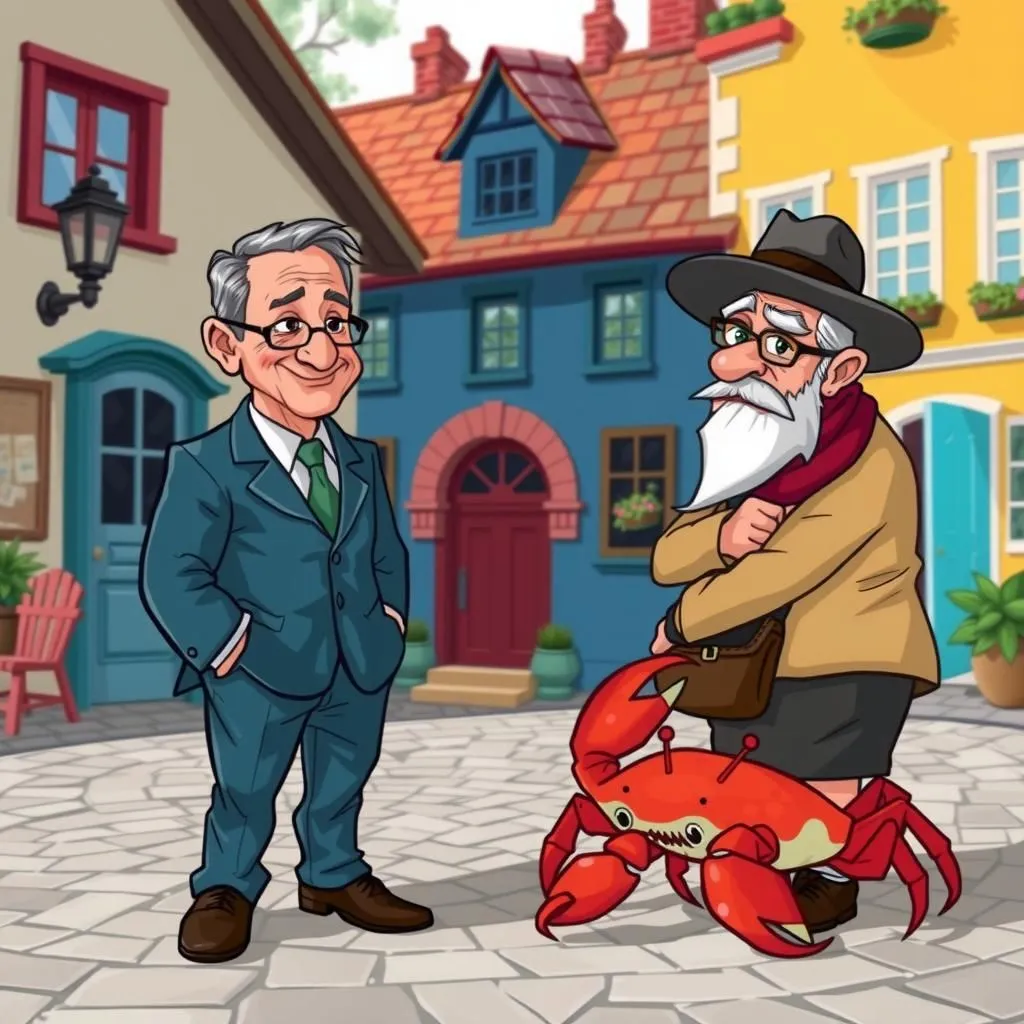
A Harmless Visitor
At a meeting of the Golden League of Mystery, a woman was discovered taking notes and questioned about her presence. She initially claimed to be there for her own pleasure and instruction but revealed she was an officer of the Women's Press Association, leading to her acceptance and an apology from the organization. This entertaining moral story reflects the importance of honesty and the value of knowledge, making it a fitting tale for young readers seeking moral lessons.


